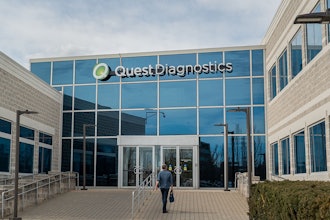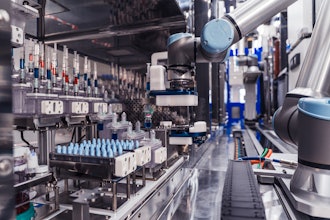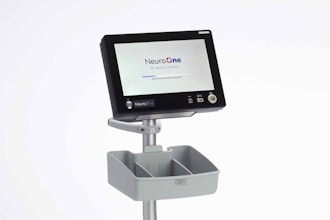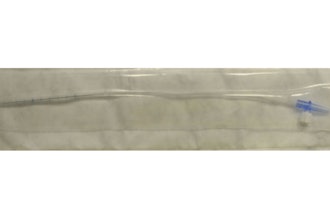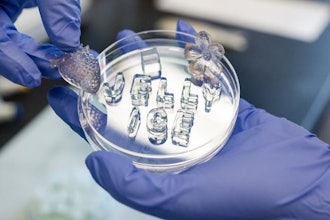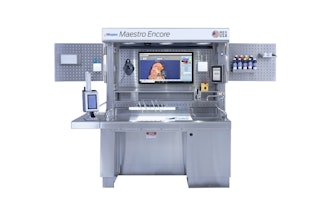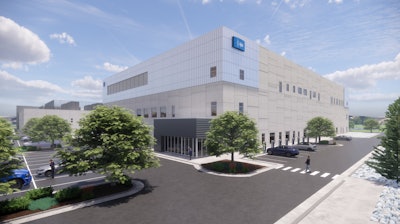
Agilent Technologies today announced it is investing approximately $725 million to double manufacturing capacity of therapeutic nucleic acids in response to rapid growth of the $1 billion market and strong demand for the company’s high-quality active pharmaceutical ingredients (API).
Therapeutic nucleic acids, also called therapeutic oligonucleotides or oligos, are short DNA and RNA molecules that serve as the API for drugs targeting a growing number of diseases, including cancer, cardiovascular disease, and rare and infectious diseases.
“This investment reflects not only the strong demand for therapeutic oligos, but also for the unmatched quality and service of our therapeutic oligo contract development and manufacturing organization (CDMO),” said Mike McMullen, Agilent president and CEO. “It’s yet another example of our focus on investing in high-growth markets while also delivering on Agilent’s mission of improving the quality of life.”
The market for therapeutic oligos is currently estimated at $1 billion and is projected to grow in the double digits annually over the next five years, reaching $2.4 billion in 2027. The addition of two new manufacturing lines (known as Trains C and D) will enable Agilent to meet growing demand for siRNA, antisense and CRISPR guide RNA molecules. Agilent expects customer shipments from the expansion to begin in 2026.
“One of our strategic priorities is to help existing and new biopharma customers develop, globally commercialize, and accelerate growth of oligo-based therapeutics,” said Sam Raha, president of Agilent’s Diagnostics and Genomics Group. “This additional capacity will enable us to meet strong demand for siRNA and antisense molecules and also significantly increase the number of CRISPR guide RNA programs we can take on.”
The new Train C and D manufacturing lines will be based in Agilent’s Frederick, Colorado facility, where a Train B manufacturing line, announced in 2020, will go live later this year.
Agilent’s therapeutic oligo facilities follow current good manufacturing practices (cGMP), and the expanded facility will employ advanced automation and engineering enhancements, including water reduction and solvent capturing and recycling.










